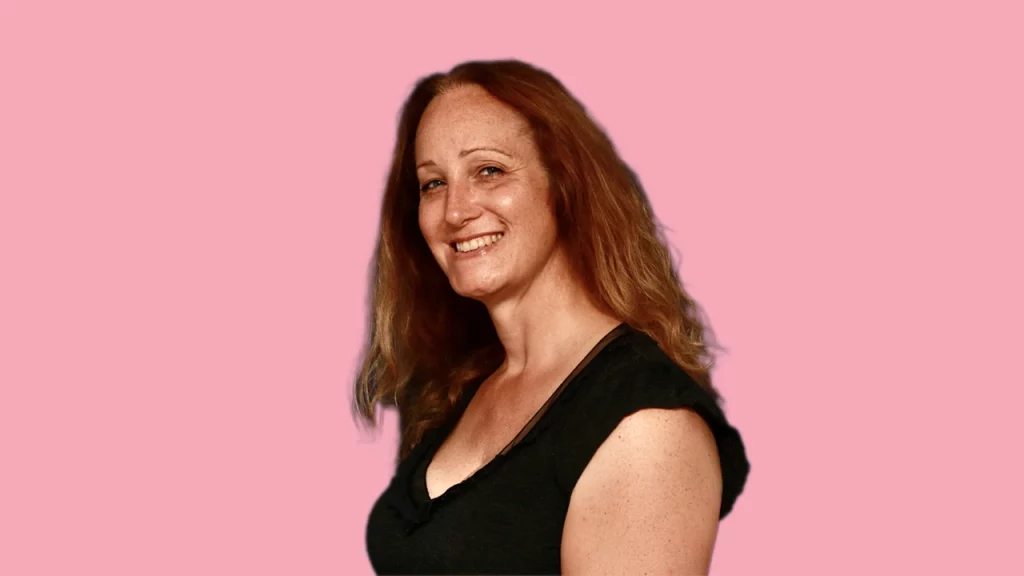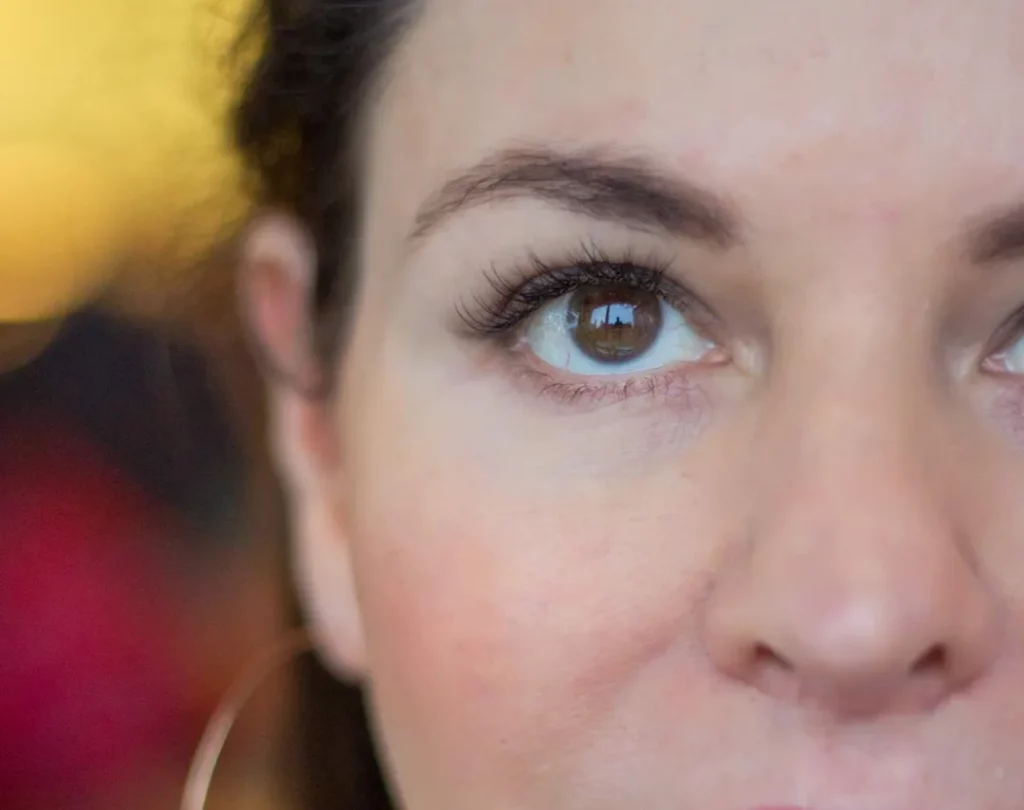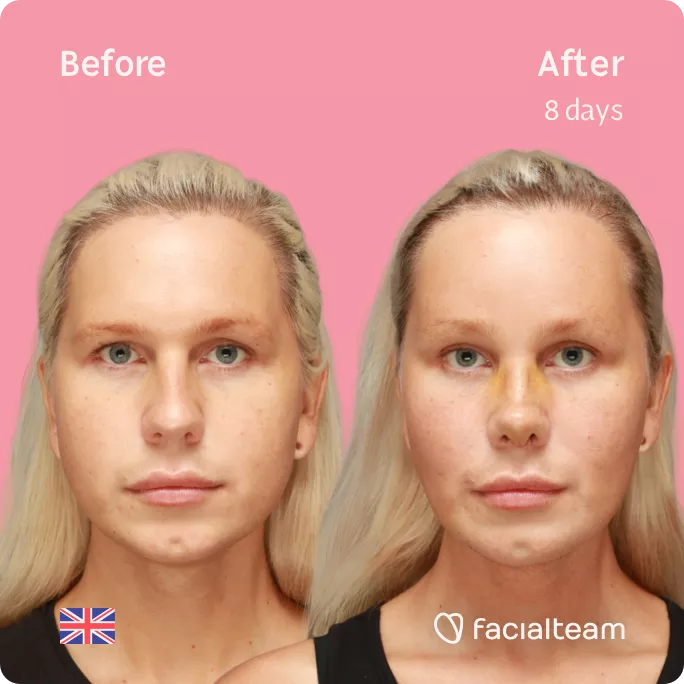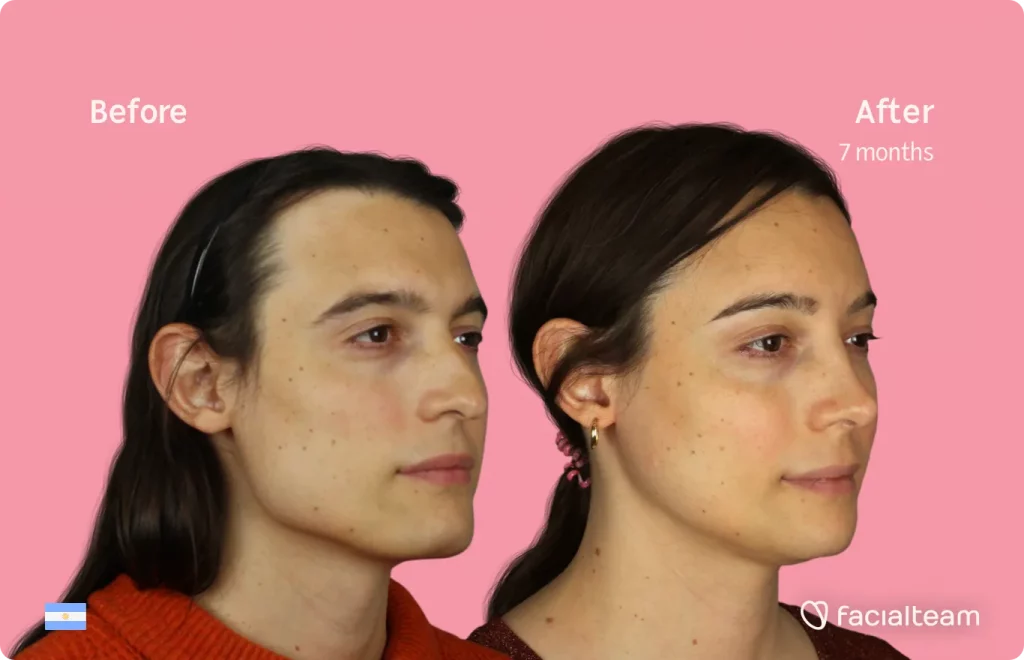If Your Loved One Needs to Medically Transition

In an era marked by growing inclusivity and diversity, it holds great significance to stand by our dear ones during pivotal life transformations. The journey of medical transition, a pivotal milestone in the passage of a transgender individual, may pose challenges, yet it unfolds as an empowering process. This blog delves into the nuanced and indispensable facets of aiding someone close to you as they initiate their medical transition. From grasping their unique experiences to extending heartfelt emotional support, we will explore the essential components to guide your cherished one along this metamorphic journey toward genuineness and self-embrace.
Respect Your Loved One’s Medical Transition
Seeking any type of medical intervention for a TGD* person is usually carefully planned, researched over time, and a personal decision that must be met by companions** with an open mind and much respect. It is crucial to know that some TGD people do not feel the need to medically transition in any way, can decide to do so after some period, or may begin this process as soon as possible. Many loved ones have been known to request that companions be a part of this aspect of their gender journey, but others have not. These decisions often entail frequent conversations between companions and their TGD loved one. In addition, taking the time to educate yourself on the options, procedures, medical professionals in the field, and financial costs are all highly recommended for everyone involved in medically transitioning moving forward.
*TGD stands for Transgender and Gender Diverse
**Whenever it states companions, it refers to partners, parents, family members, and friends.
Some Options of Medical Transition
It is essential to recognize there are numerous ways a TGD person may approach their process of medically transitioning. Comprehending this is an extremely personal decision and none, any, or all the options mentioned below can be part of your loved one’s medical transition. Medical transition may include, but is not limited to:
- Taking hormones under the supervision of a qualified practitioner
- Introducing puberty blockers according to the guidelines recommended by WPATH***
- Selecting top surgery: double incision, keyhole, or breast augmentation
- Choosing Female Feminization Surgery (FFS) which can include many options
- Using electrolysis to help with the removal of hair
- Getting liposuction to remove fat in various areas of the body
- Having bottom surgery that can be done in the form of: phalloplasty, metoidioplasty, orchiectomy, vaginoplasty, or hysterectomy
- Utilizing fillers to enhance the presentation of different parts of the body
- Electing for voice surgery to raise the pitch of the voice
***WPATH is the World Professional Association for Transgender Health
Partners, Parents, & Other Family Members
Whether companions are physically accompanying their loved ones or not, it is strongly encouraged that they and their TGD loved one gather current and accurate information about medical interventions. It is worth noting that a parent/guardian’s written consent and/or involvement may be necessary if their child is a minor and wants to partake in medical options. Moreover, WPATH’s recommended guidelines, especially for minors, should be highly considered and followed whenever possible.
Preparing questions ahead of time for all appointments with medical professionals in reference to medical options may be extremely beneficial. The following are common questions that may be helpful to ask when consulting with medical professionals to enable everyone involved to make an educated decision:
- What will the procedure specifically entail?
- What is the protocol for pre/post-surgical care?
- Can the procedure affect reproduction and if so, how can fertility be preserved should this be of interest at any point?
- What are the possible risks now and in the future?
- What pre/post training for emptying drains and/or changing bandages will be offered for the TGD person and/or companion/s?
- What are the prescribed medicines pre/post the medical procedure and when they should they be filled?
- What are the expected outcomes and/or possible complications?
- What is the protocol if there is an emergency post any medical intervention?
- Are companions permitted or required to join their loved one during appointments and/or surgeries?
- What medications and/or hormones need to be stopped pre/post the medical intervention and for how long?
- What restrictions are recommended pre/post the medical intervention in reference to exercise, work, sex, driving, lifting, and physical activity?
- What are the showering protocol and clothing recommendations for the medical procedure?
- What food, smoking of anything, and drinking (including alcohol) restrictions are necessary pre/post the medical intervention?
10 Things to Remember If Your Loved One Needs to Medically Transition
As a result of interviewing others, providing workshops, and support groups to companions and those in transition, medically transitioning can be a critical part of the conversation. These recommendations are based on this input and are intended for those who are navigating any portion of their loved one’s medical transition, which may be useful to you.
- Everyone involved must be aware of and follow WPATH guidelines whenever possible
- Know the questions you want medical professionals to answer regarding medical options before all medical appointments and who will ask them
- Discuss if your TGD loved one prefers you to be involved with their medical transition and to what extent, then decide what you feel comfortable participating in at the time
- When choosing a medical professional, it is suggested that you and/or your TGD loved one investigate their knowledge, training, and experience in relation to the medical intervention as well as asking them this information, look up their reviews online, ask others for recommendations, and get a second opinion whenever possible
- Take time to decide on what options feel gender-affirming to your TGD loved one and ask others about their experience regarding the same medical option your TGD loved one is considering
- When applicable, ask medical professionals for pictures of procedures they have done
- Inquire about the financial costs, any payment plan options, and possible insurance coverage which can vary from state to state and country to country
- Remember to ask a knowledgeable medical health professional if it is still necessary for your loved one to have preventative medical screenings/check-ups such as mammograms, GYN exams, and prostate exams post having a medical intervention involving bottom or top surgery
- Find out if a letter and/or consult with a medical and/or mental health professional is required before any medical intervention can be performed, for this may vary from state to state and country to country, in fact some medical interventions might be illegal in certain states and/or countries
- Self-care for you and your TGD loved one is fundamental throughout this process and plans of how coverage will be managed during periods of recovery involving sleep, eating, working, attending to children, socializing, and downtime are key to everyone’s wellbeing
How To Support Your TGD Loved One’s Medical Transition
Supporting your loved one’s medical transition can look different depending on the choices and decisions they make for themselves. Understanding the options, what role you will or will not be asked to play, and how this shall be addressed are important factors to consider when your TGD loved one is medically transitioning. It is vital that your TGD loved one’s needs are heard, respected, and honored in relation to this process.
Disclaimer
This blog is created to support the journey of partners, parents, family members, and friends of those who identify as gender diverse, TGD, non-binary, and/or are questioning their gender. We recognize the vital role that companions often play for those who are seeking any type of gender transition. Each post will address a different aspect and the various thoughts that may be part of the experience that impacts the lives of those who accompany their loved one throughout their gender transition. Its intent is never to negatively affect any person who is navigating their own gender transition, but rather to provide a platform where companions can feel heard and in turn, be present for their gender diverse, TGD, non-binary, and/or gender questioning loved one’s needs.







